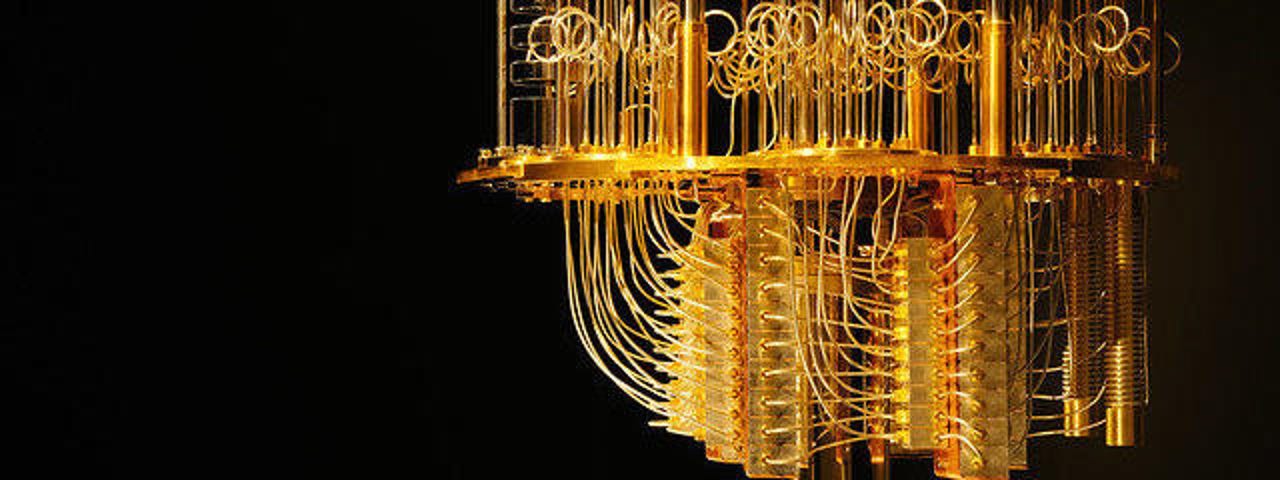Researchers tout quantum algorithm to characterise noise


Physicists from Australia and North America have announced what they've called the first quantum algorithm to characterise noise across large systems.
In a statement from the University of Sydney, it was explained that noise is the main obstacle to building large-scale quantum computers. It said that in order to tame the noise, also known as interference or instability, scientists need to understand how it affects an entire quantum system.
"Until now this information was only available for very small devices or subsets of devices," the university said.
Must read: Australia's ambitious plan to win the quantum race
In research published in Nature Physics, the team, led by Dr Robin Harper, who is a postdoctoral researcher at the University of Sydney Nano Institute and part of the Australian Research Council Centre of Excellence for Engineered Quantum Systems, shows the development of algorithms that they say will work across large quantum devices.
The University of Sydney said this is demonstrated by diagnosing the noise in an IBM Quantum Experience device to discover correlations in the 14-quantum bit (qubit) machine that were previously undetected.
"The results are the first implementation of provably rigorous and scalable diagnostic algorithms capable of being run on current quantum devices and beyond," Harper said.
In June, a different team of scientists at the University of Sydney revealed a new way of assessing the performance of quantum devices that adapts techniques used in autonomous vehicles and robotics testing.
According to the university, the approach has been shown experimentally to outperform simplistic characterisation of these environments by a factor of three, with a much higher result for more complex simulated environments.
"Using this approach, we can map the 'noise' causing performance variations across quantum devices at least three times as quickly as a brute-force approach," USyd School of Physics PhD student Riddhi Gupta said. "Rapidly assessing the noise environment can help us improve the overall stability of quantum devices."
RELATED COVERAGE
Australia's new quantum-supercomputing innovation hub and CSIRO roadmap
The nation's peak science body releases a report on how Australia can capitalise on the AU$4 billion quantum opportunity as the Pawsey Supercomputing Centre launches new innovation hub.
Australian universities tout development of quantum error correction codes
Meanwhile, another development sees the accidental cracking of a puzzle half a century old.
2020s are the decade of commercial quantum computing, says IBM
IBM spent a great deal of time showing off its quantum-computing achievements at CES, but the technology is still in its very early stages.
Quantum computing: Myths v. Realities (TechRepublic)
Futurist Isaac Arthur explains why quantum computing is a lot more complicated than classical computing.